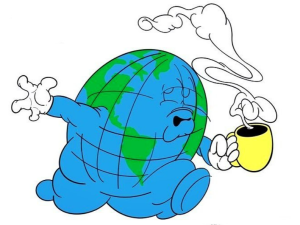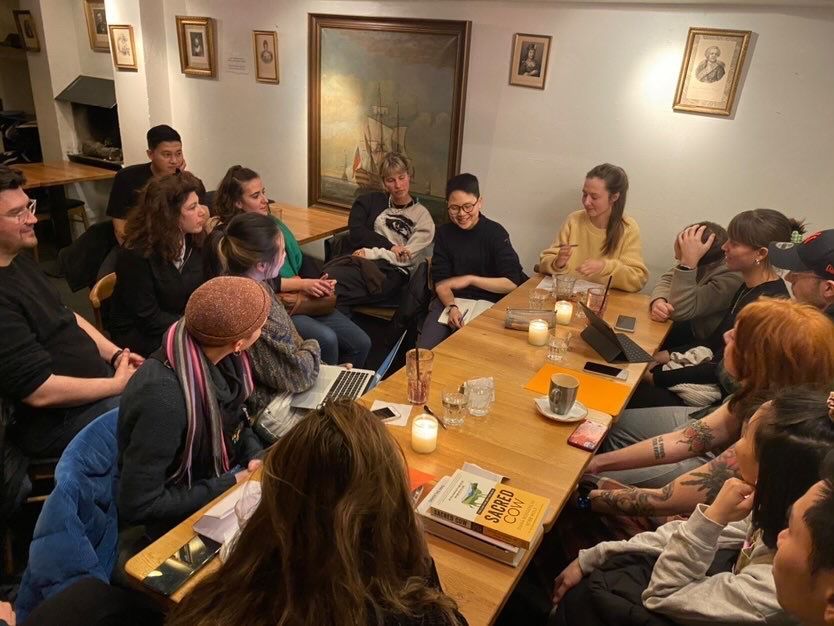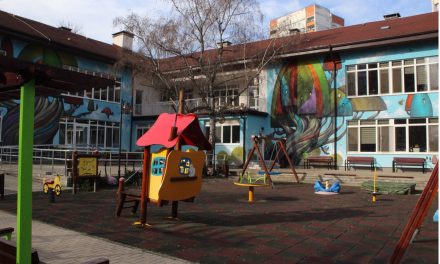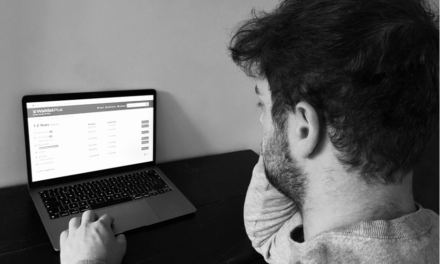The concept.
In October 2022, Jessie launched the Climate Café concept in Copenhagen. Meeting in a café to discuss the environmental crisis. Each session focuses on a particular theme. The last one took place in early December 2022, focusing on energy and transport.
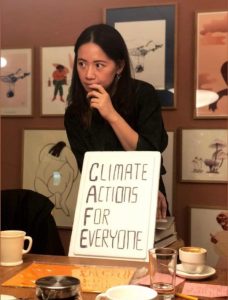
“The Climate Café is more a concept of bringing together people interested in climate change issues. Rather than actually opening a café. Because the place can be anywhere. It’s the people that matter”.
Each session takes place in two stages. The first hour revolves around the presentation of the topic. “For our first session, we invited a speaker. He told us about the climate reality. How we got here, and how we are going to move forward. And also the local initiatives that are being taken in Denmark, which are very cool”. Then it was time for discussion and debate. “We talked about climate feelings. About eco-anxiety. We asked everyone how they felt, and then talked about how to deal with these emotions. It was a really nice session”.
“We try to find different ways of organising the sessions”.
“We want each one to be unique and fun”. During the December session, Jessie started a gift exchange. The idea was to bring in a second-hand item that you no longer need, and exchange it with others during the session. Whether it’s a book, a jumper, anything. “You don’t have to buy a gift of course, as it’s just an exchange”.
One of the sessions was hosted by “Probably“. A question and answer card game about climate change. Designed by some students in Copenhagen, it’s probably the most responsible drinking game ever, Jessie laughs.
“We want to be accessible to everyone. The idea behind the fun and varied sessions is to bring some levity to the debate. “It’s a Safe Place for anyone who wants to join in. Even if you are a climate sceptic, you have a place. All sessions are free.
Expanding to Copenhagen, and much more!
The Climate Café concept was born in Scotland in 2015, and seems to be spreading beyond the borders. “When I go back to my own city in Taiwan, I would like to start a Climate Café too. I’m sure in every city there are people who feel eco-anxiety and would love to talk about these topics.” Jessie started the movement in Copenhagen when she lived there for less than a year. A few postcard-style posters were distributed in several cafés. Then, by inviting friends, who invited their friends, the sessions were formed.
Four levels of action.
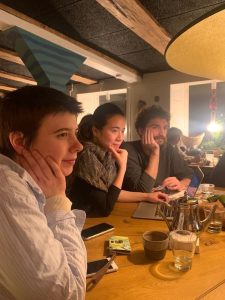 According to Ecosia, there are four levels of action. The first is personal action. “That’s why I started the Climate Café,” Jessie explains. Then there are the actions that influence our close circle. Friends, flatmates, family. At the third level, there are replicable community actions. Our actions, also impacting on those close to us, can become community actions. “The Climate Café has already become a community movement, because it can be replicated all over the world. So starting a Climate Café is actually directly a community action. Finally, the last level rises to what is called systemic action. Much bigger, it takes much longer. These are the community actions that are growing and multiplying around the world.
According to Ecosia, there are four levels of action. The first is personal action. “That’s why I started the Climate Café,” Jessie explains. Then there are the actions that influence our close circle. Friends, flatmates, family. At the third level, there are replicable community actions. Our actions, also impacting on those close to us, can become community actions. “The Climate Café has already become a community movement, because it can be replicated all over the world. So starting a Climate Café is actually directly a community action. Finally, the last level rises to what is called systemic action. Much bigger, it takes much longer. These are the community actions that are growing and multiplying around the world.
In Copenhagen, citizen engagement established ecology as a focus for government. The Social Democrats, winners of the 2019 Danish elections, have agreed on a target to reduce CO2 emissions by 70% by 2030, compared to 1990 levels. According to Clara, an activist with Extinction Rebellion Copenhagen, “there is a pretty clear link between citizen pressure and the fact that this law exists”.
So community actions are indeed effective. “I think the reason why people were able to rally around the climate issue in our 2019 elections in Denmark is because there were movements and organisers behind it,” says Clara. “It kind of took the turn that was present in the population, and turned it into mass protests and constant actions.
Each step is important.
“For now, the Climate Café is more of a space where you can talk and learn by talking. Learn and be inspired”, says Jessie. Commitment comes after awareness. The Climate Café is there to open that door. If participants want a next goal, they are free to get involved in other projects, bringing about concrete changes. The Climate Café is a bridge to action.